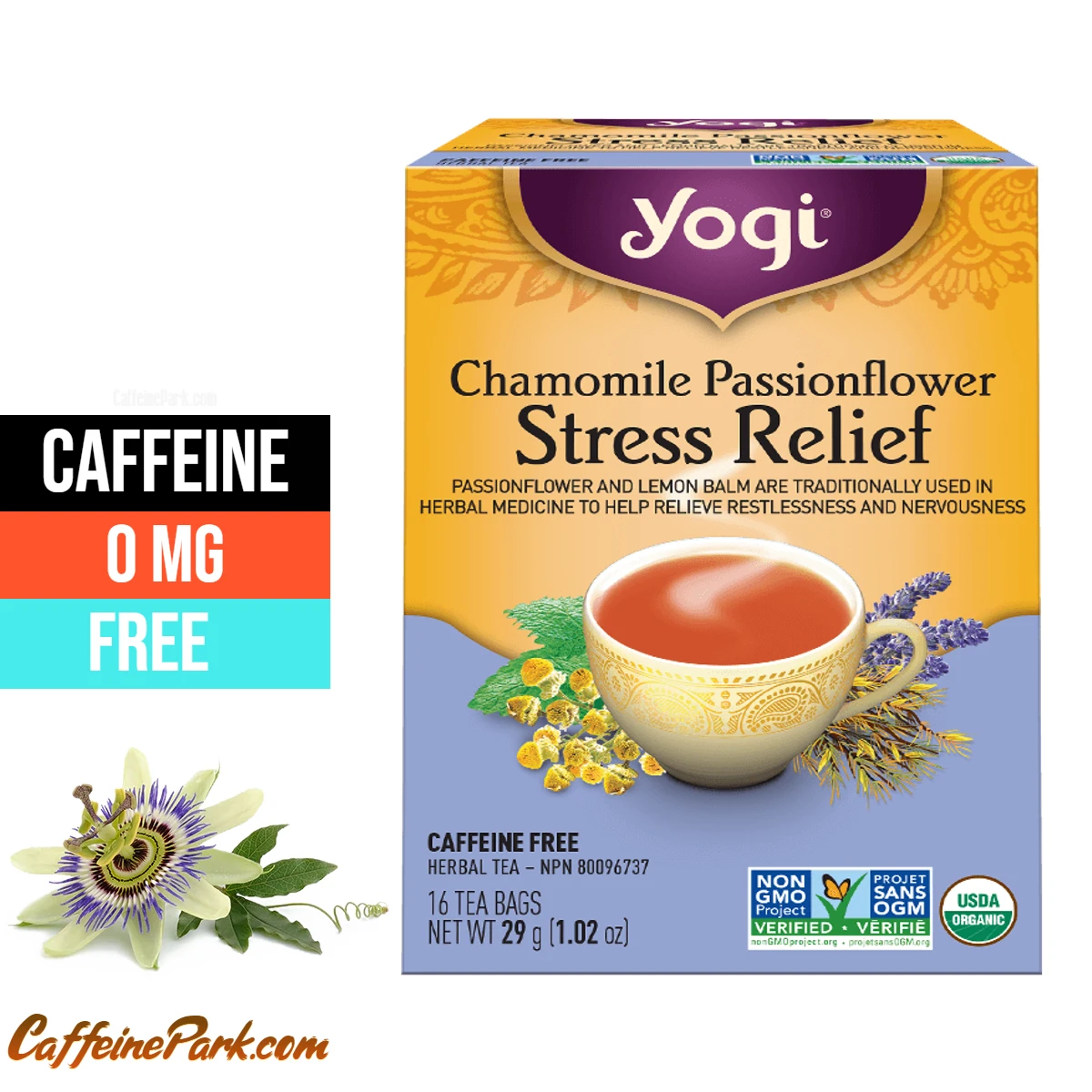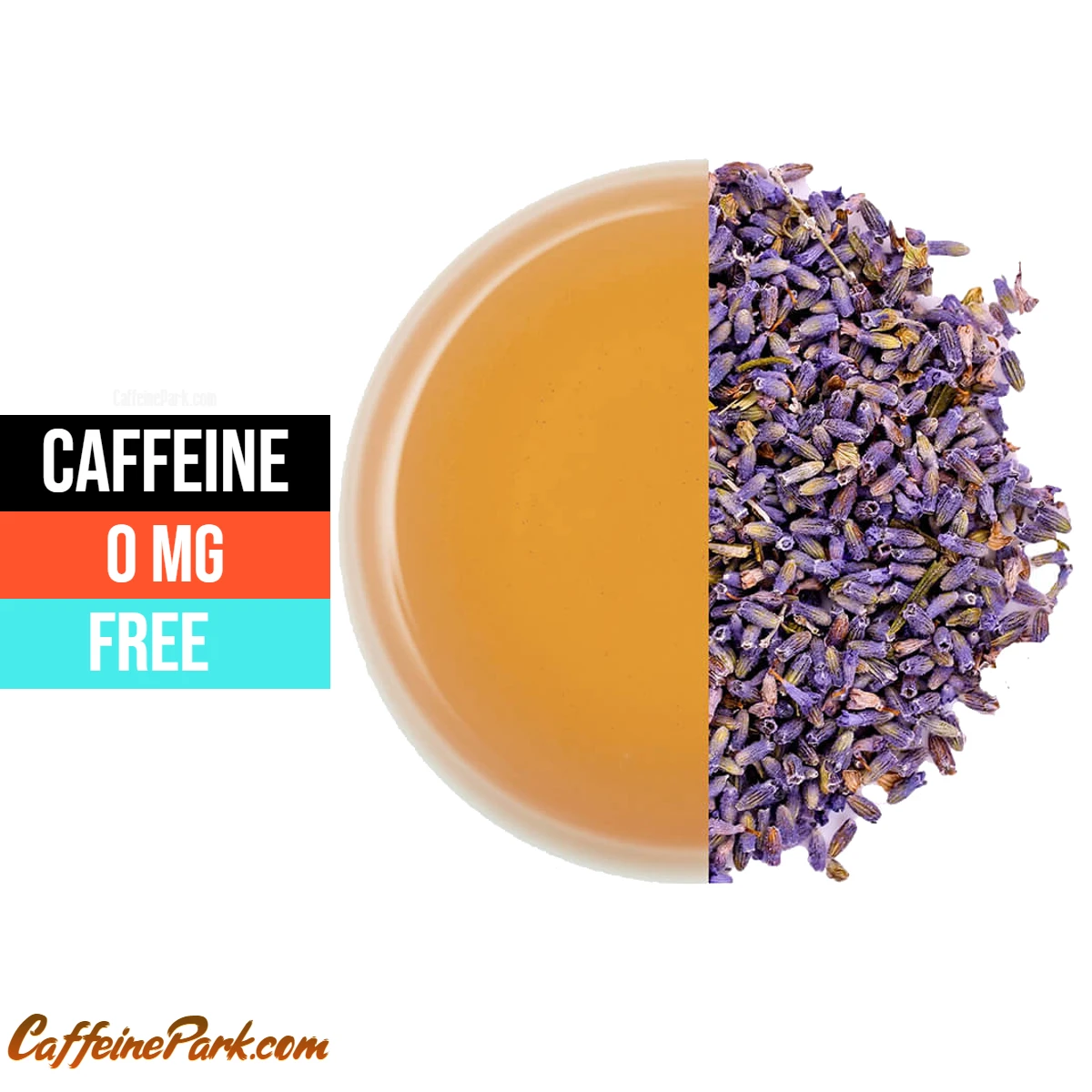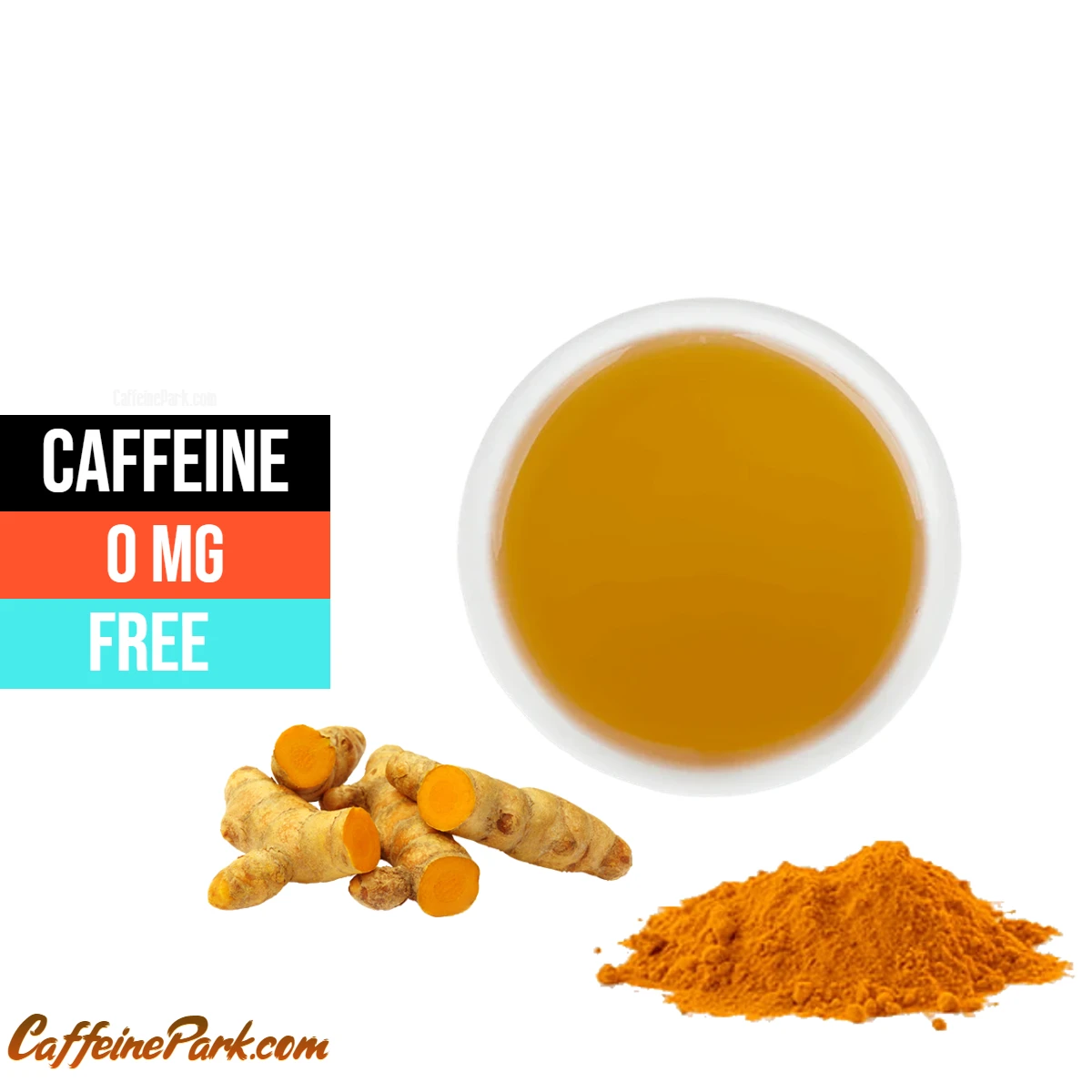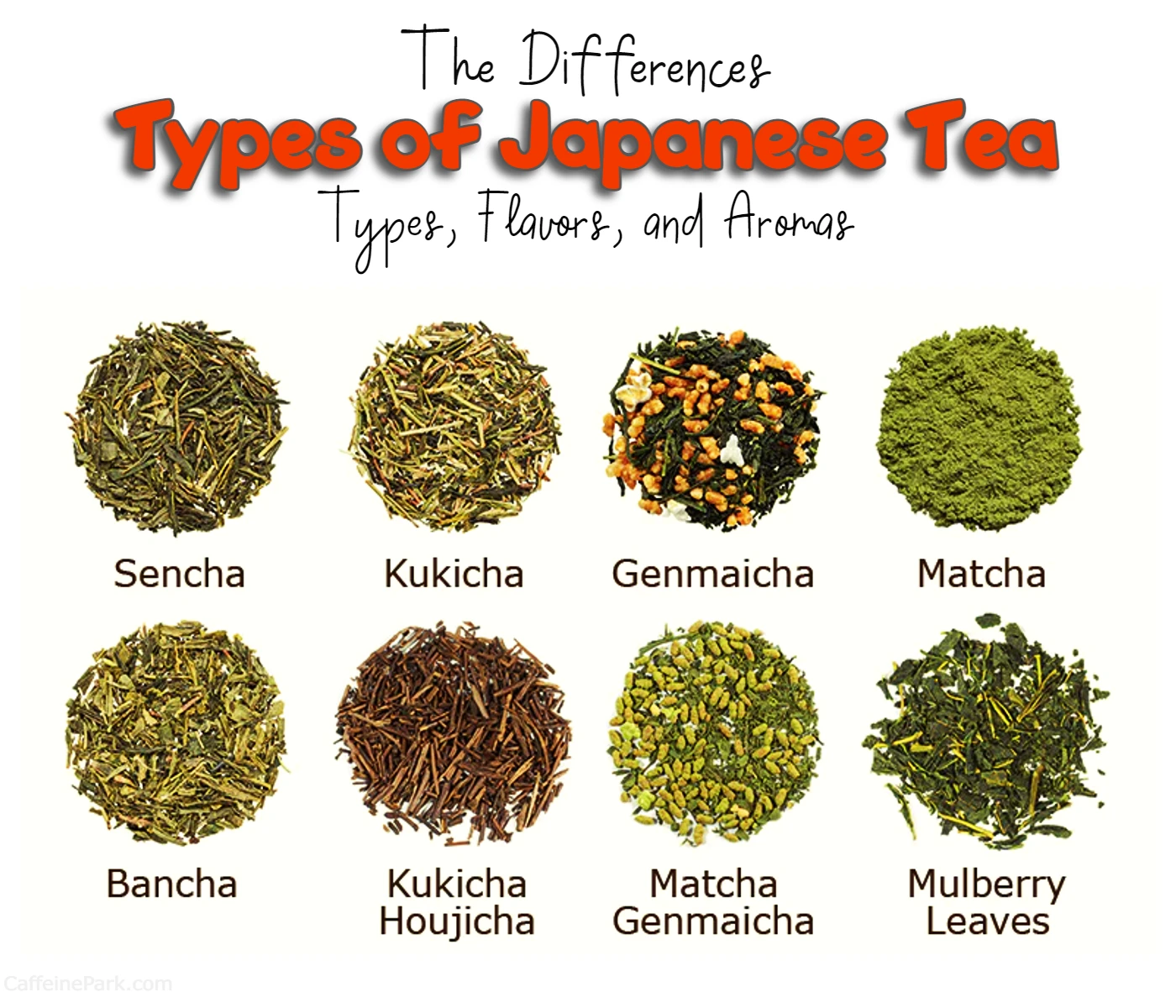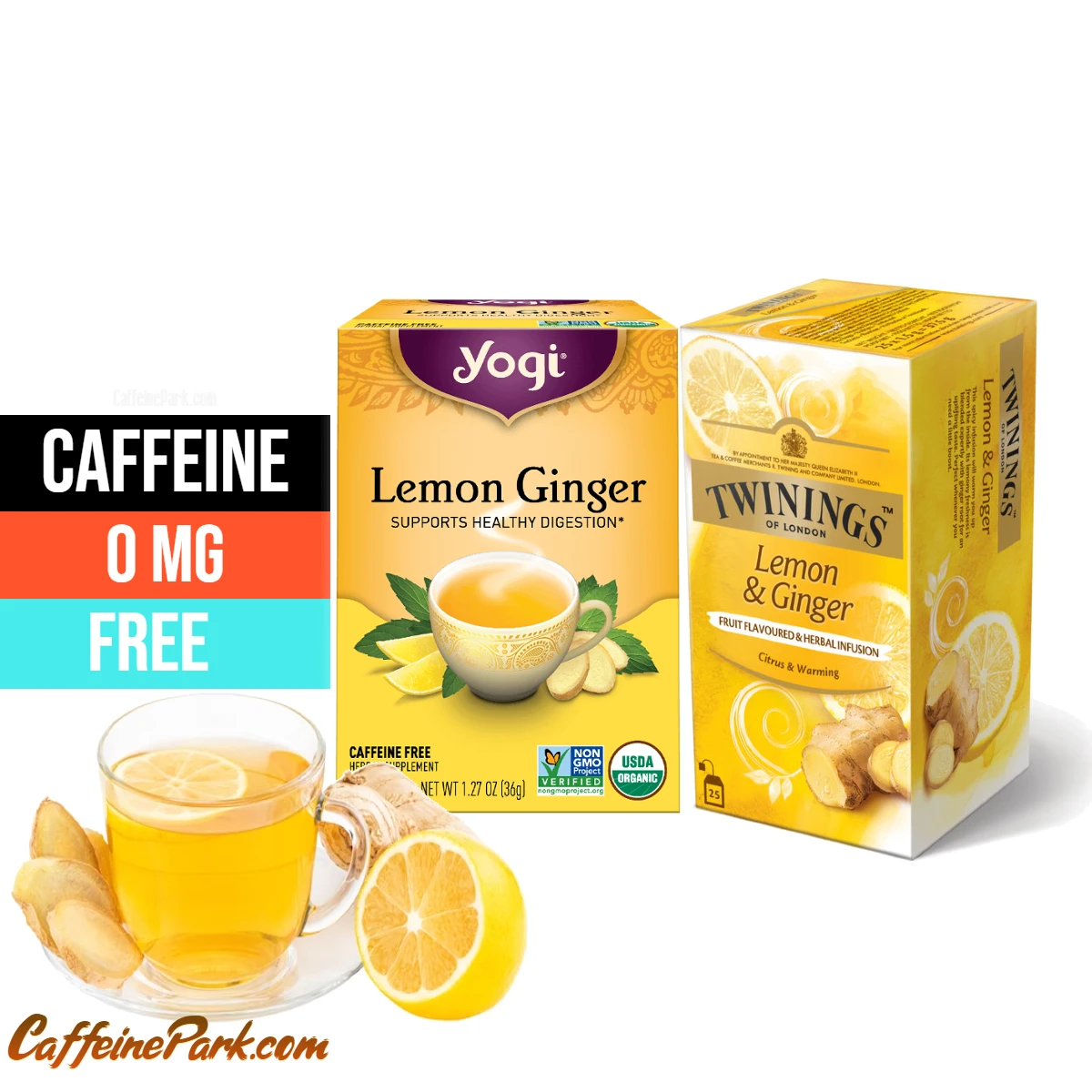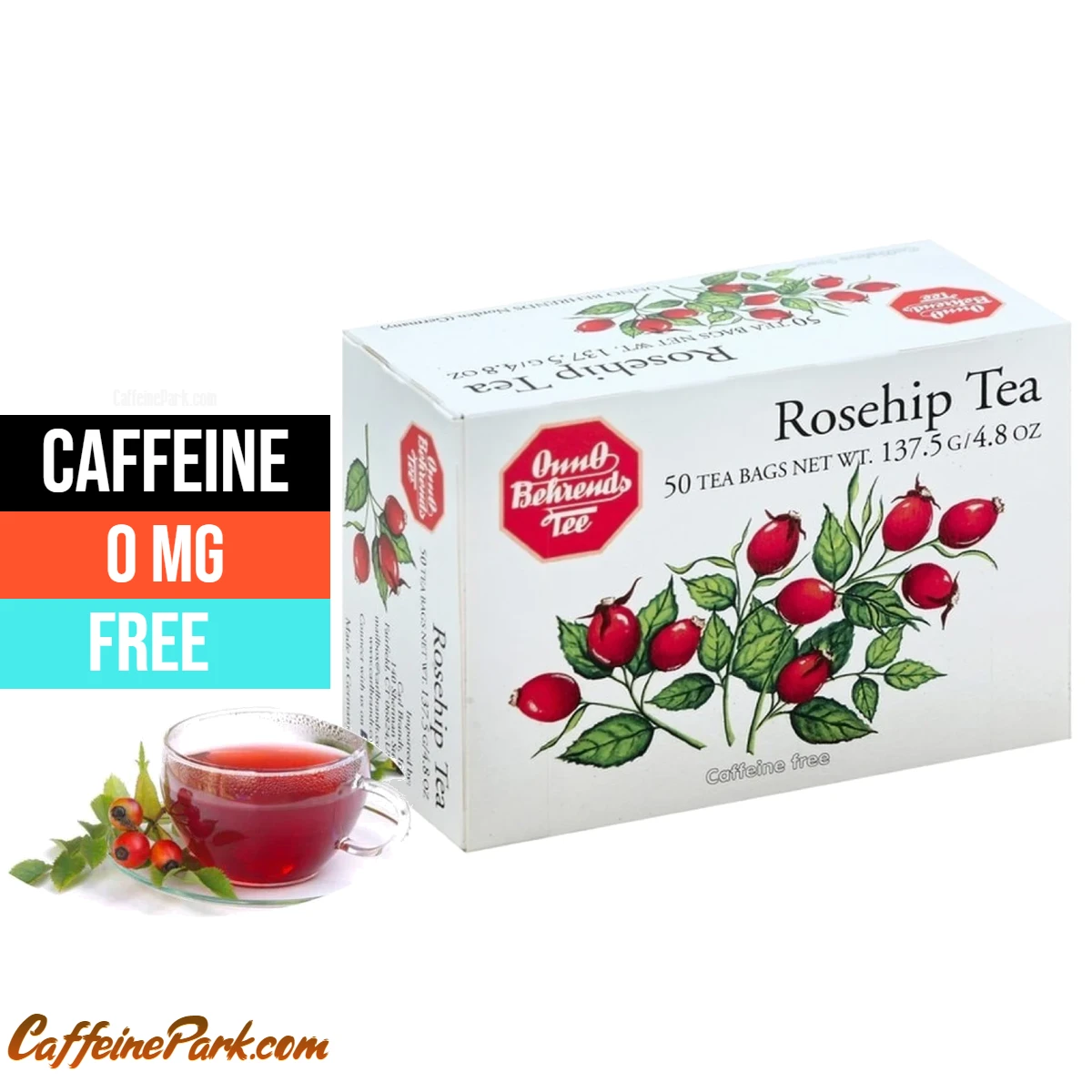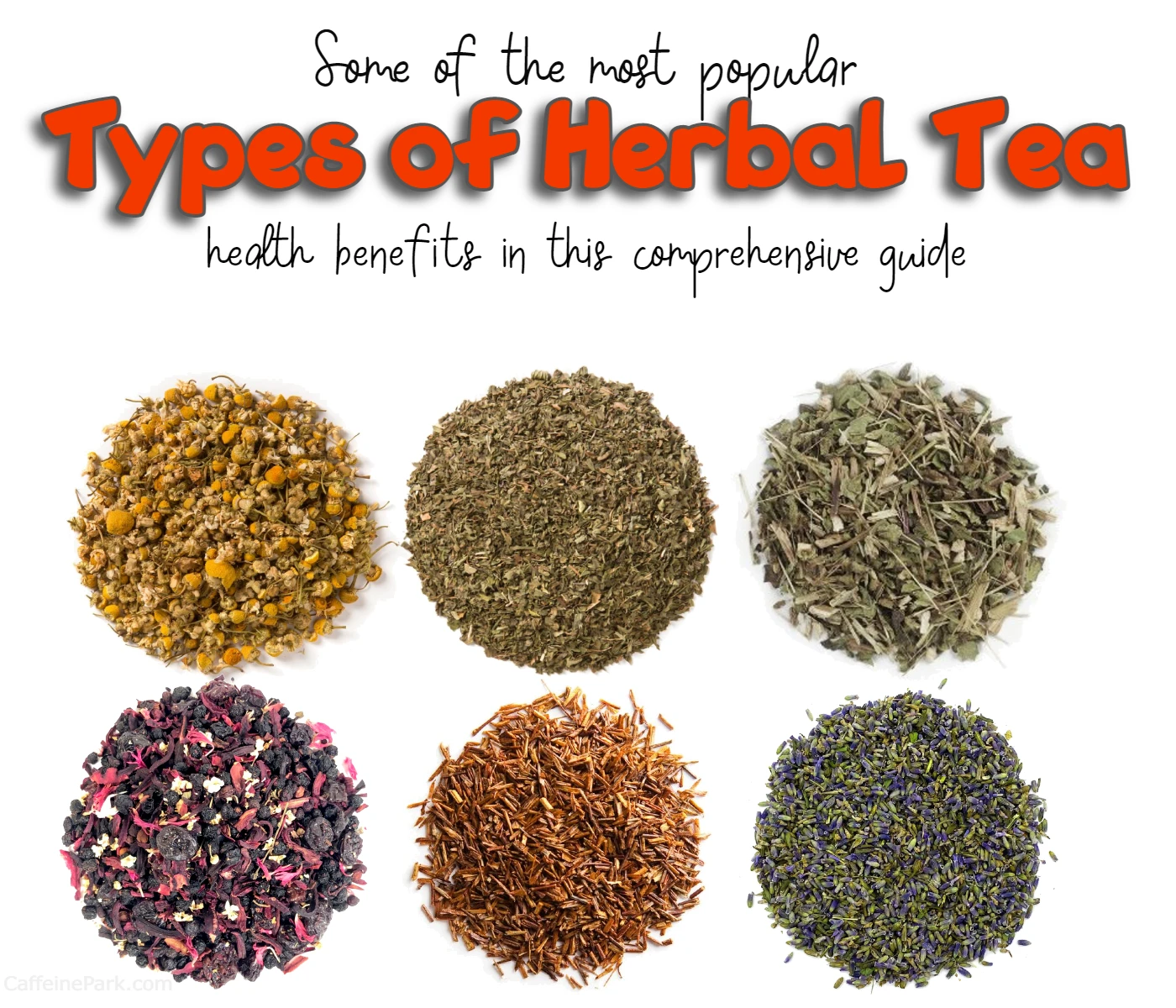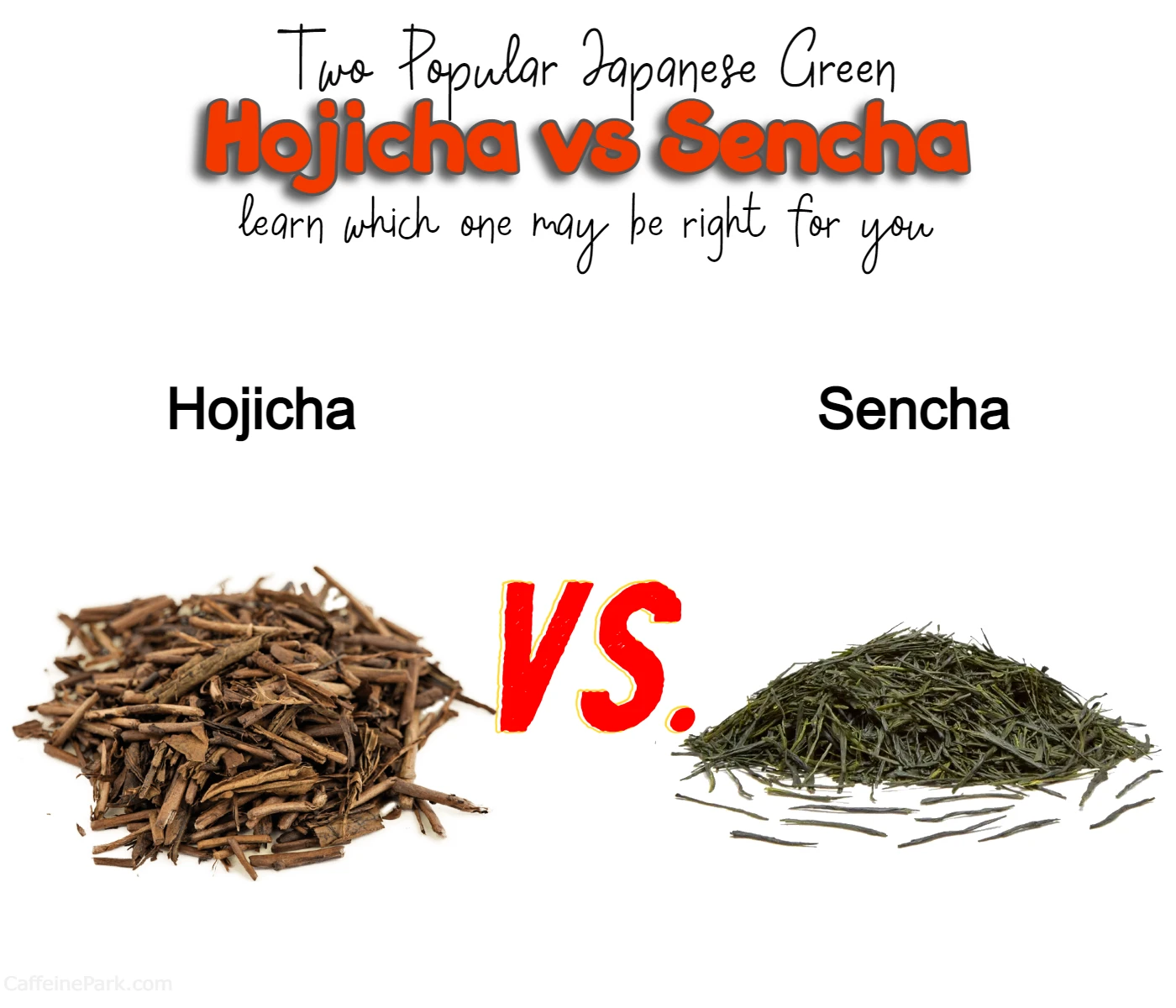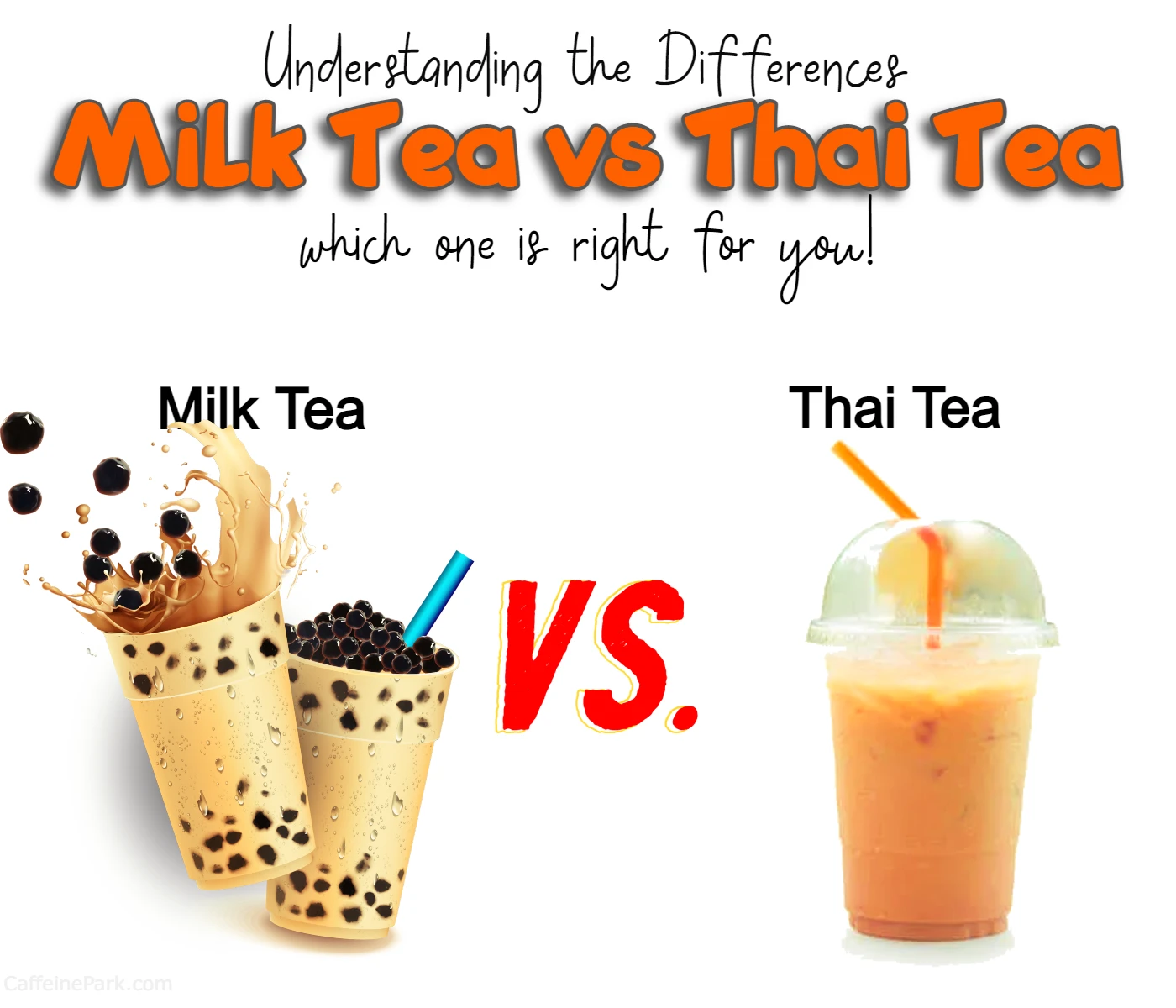🌿 Tea
-

Passionflower tea Caffeine Content
Passionflower tea is a delicious and healthy herbal beverage that offers a range of potential health benefits. Unlike traditional teas and coffee, it is naturally caffeine-free, making it a great choice for those who are sensitive to caffeine or looking for a caffeine-free alternative. Passionflower tea is known for its calming and relaxing effects, making it an ideal beverage to help reduce stress and anxiety, promote restful sleep, and support heart health. However, it is important to consume passionflower tea in moderation and consult your healthcare provider before use, as it may cause some side effects in certain individuals. Discover the benefits of caffeine-free passionflower tea today and enjoy its soothing effects!
-

Does Lavender Tea have Caffeine?
Lavender tea, known for its delicate aroma and calming effects, is a popular herbal infusion enjoyed by many tea enthusiasts. One common question that arises is whether lavender tea contains caffeine. The answer is simple: No, lavender tea itself does not naturally contain caffeine. As an herb, lavender is typically caffeine-free, making it a perfect choice for those looking to reduce or eliminate their caffeine intake. While traditional teas, such as black, green, and oolong tea, come from the Camellia sinensis plant and naturally contain caffeine, lavender tea is derived from the Lavandula angustifolia plant, which does not contain any caffeine. This characteristic makes lavender tea a soothing and caffeine-free alternative to traditional caffeinated beverages. The absence of caffeine in lavender tea offers numerous benefits. It allows individuals to enjoy the calming and relaxing effects of lavender without the stimulating effects associated with caffeine. Lavender tea is often sought after for its potential to alleviate stress, promote better sleep, and enhance overall well-being. In addition to its caffeine-free nature, lavender tea is renowned for its delightful flavor profile. Sipping a cup of lavender tea can provide a floral and slightly sweet taste, creating a serene and enjoyable tea-drinking experience. Whether enjoyed hot or cold, lavender tea offers a caffeine-free beverage option that can be savored throughout the day. Soothing, fragrant, and naturally free of caffeine, lavender tea is an excellent choice for those seeking a moment of tranquility without the jitters of caffeine.
-

Turmeric Tea Caffeine Content
Turmeric tea is a popular herbal beverage that has been enjoyed for centuries in many cultures around the world. Not only is it delicious, but it also provides a range of health benefits thanks to its active ingredient, curcumin. One of the best things about turmeric tea is that it's caffeine-free, which makes it a great alternative to coffee, tea, or energy drinks. In this article, we'll explore the caffeine content of turmeric tea and its benefits, as well as how to make it and customize it to your liking. We'll also discuss the possible side effects and precautions of turmeric tea, so you can enjoy it safely and responsibly. Whether you're looking for a warming and soothing drink or a refreshing and energizing one, turmeric tea is a great choice. So, let's get started and discover the world of turmeric tea!
-

Best Teas for Your Afternoon Tea
Afternoon tea is a time-honored tradition that has been enjoyed for centuries. Whether you're hosting a tea party or simply taking a break from a busy day, choosing the right tea can make all the difference. From classic Earl Grey to energizing matcha, there's a tea out there for everyone. In this article, we've rounded up the 17 best teas for your afternoon tea, so you can find your perfect brew. Whether you prefer bold and spiced teas or light and delicate teas, there's something on this list for you. So sit back, relax, and enjoy a cup of tea – you deserve it.
-

Japanese Tea Types
Japanese tea is a diverse and delicious beverage that offers a range of flavors and aromas to suit any taste. From the mild, grassy flavor of sencha to the nutty sweetness of hojicha, there are many different types of Japanese tea to choose from. In this guide, we will explore the various types of Japanese tea, their unique characteristics, and how to prepare them. Whether you're a tea enthusiast or just starting to explore the world of Japanese tea, this guide will help you discover your new favorite drink!
-

Lemon Ginger Tea Caffeine Content
Lemon ginger tea is a flavorful and aromatic beverage that combines the zesty tang of lemon with the spicy warmth of ginger. While many herbal teas are naturally caffeine-free, some brands of lemon ginger tea may include small amounts of caffeine if they're blended with true tea leaves. However, you can easily make your own caffeine-free lemon ginger tea at home by steeping fresh or dried ginger and lemon in hot water for several minutes. Drinking lemon ginger tea may offer many potential health benefits, such as soothing nausea and digestive issues, boosting the immune system, reducing inflammation and pain, promoting relaxation and sleep, and enhancing brain function. Read on to discover the caffeine content of lemon ginger tea and learn how to brew your own cup of this delicious and nutritious beverage.
-

Rosehip Tea Caffeine Content
Rosehip tea is a delicious and caffeine-free herbal tea that is made from the fruit of the rose plant. If you're looking for a refreshing and healthy beverage that won't keep you awake at night, rosehip tea is a great option. But does rosehip tea have caffeine? The answer is no, it does not contain any caffeine. In fact, it is naturally caffeine-free, making it a great choice for people who are sensitive to caffeine or who simply want to avoid it. In addition to its lack of caffeine, rosehip tea is also packed with potential health benefits. It is a rich source of vitamin C, which is important for immune function and skin health, and it may also have anti-inflammatory properties and help lower blood pressure. If you're interested in trying rosehip tea, it is widely available at health food stores, specialty tea shops, and online retailers. You can also make your own rosehip tea at home by steeping dried rosehips in hot water.
-

Types of Herbal Tea
Herbal tea has been enjoyed for centuries for its delicious taste and numerous health benefits. Unlike traditional tea, which is made from the Camellia sinensis plant, herbal tea is made from various herbs, spices, and flowers. In this guide, we'll explore the different types of herbal tea, including chamomile, ginger, hibiscus, lemon ginger, lavender, sage, rosehip, and nettle tea. Each type offers unique flavors and potential health benefits, from calming and anti-inflammatory properties to antioxidants and more. So why not discover the wonderful world of herbal tea for yourself?
-

Hojicha vs Sencha
Are you a fan of Japanese green tea, but unsure of the differences between Hojicha and Sencha? While both teas are made from the same plant, they have distinct differences in processing methods, flavor profiles, and caffeine content. Sencha is steamed immediately after harvesting, resulting in a fresh, grassy taste, while Hojicha is roasted after processing, creating a nutty, toasty flavor. Sencha is typically more caffeinated than Hojicha, making it a better choice for those looking for a pick-me-up. On the other hand, Hojicha's low caffeine content and soothing qualities make it a popular after-dinner tea in Japan. Whether you prefer a fresh, grassy taste or a nutty, toasty flavor, both Hojicha and Sencha are healthy, delicious choices for any tea lover.
-

Milk Tea vs Thai Tea
Milk tea and Thai tea are two popular tea-based beverages that are enjoyed all over the world. While they may seem similar, there are actually several key differences between the two. For starters, Thai tea is typically sweeter than milk tea, thanks to the use of condensed milk or evaporated milk in its recipe. Milk tea, on the other hand, is usually made with black tea and can contain more caffeine than Thai tea. Another difference between the two is the use of spices. Thai tea often contains spices such as cardamom and cloves, which give it a unique flavor profile that sets it apart from milk tea. Additionally, milk tea is often served with chewy tapioca pearls, known as boba, while it's less common to find boba in Thai tea. Ultimately, the choice between milk tea and Thai tea comes down to personal preference. If you enjoy sweeter, creamier beverages, Thai tea might be the way to go. If you prefer a stronger tea flavor with a bit of added sweetness, milk tea may be more your style. No matter which one you choose, both milk tea and Thai tea are delicious treats that can be enjoyed any time of day!
